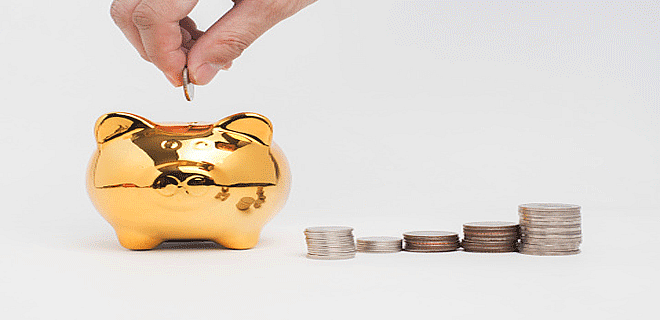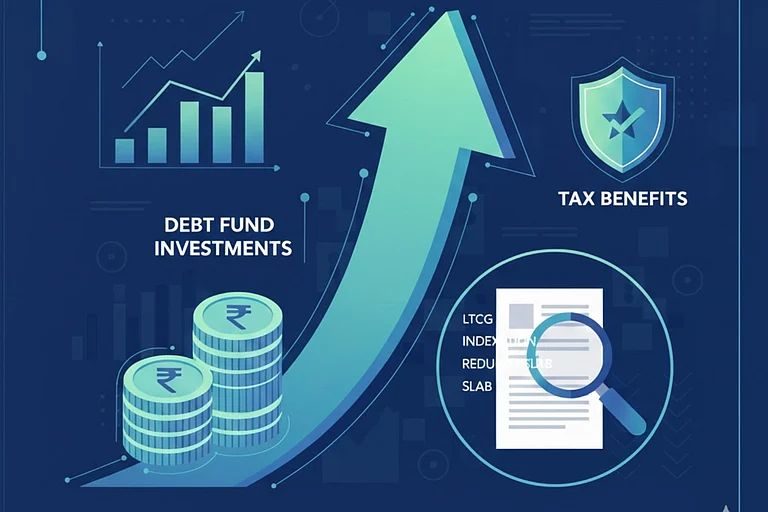Dealing with unexpected difficulties like medical problems, job loss or necessary home repairs can put a burden on your finances. These circumstances frequently necessitate quick financial assistance, which might interrupt your cash flow or deplete your reserves. Creating an emergency fund is essential if you want to avoid such stress situations.
Benefits Of An Emergency Fund
Here are the benefits of an emergency fund
1] Provides Financial Security: An emergency fund acts as a financial safety net, ensuring that you can cover unexpected expenses, such as medical bills or urgent home repairs without disrupting your regular finances or dipping into savings meant for other goals.
2] Prevents Debt Accumulation: By having readily available funds for emergencies, you avoid relying on credit cards or loans, which can lead to high-interest debt and long-term financial stress.
3] Facilitates Quick Recovery: With an emergency fund in place, you can address unexpected situations promptly, thus allowing for a faster recovery and less disruption to your financial stability and daily life.
How To Start Building An Emergency Fund
Here are the steps to build an emergency fund.
Set a Clear Savings Target: The first step is to figure out how much you want to save. A good rule of thumb is to aim for 3-6 months of essential living costs, including rent, groceries, bills, and loan payments. If that feels too big, start small by focusing on saving enough to cover one month, and then gradually build from there.
Monitor Your Spending: Track where your money goes each month by listing your income and expenses. This will help you see where you can cut back on non-essential expenditures, such as eating out or entertainment. Use this insight to free-up money that you can regularly contribute to your emergency fund.
Automate Your Savings: Setting up automatic transfers from your main account to your emergency fund will make saving hassle-free. Doing this right after your income is credited can help you consistently build your savings without much worry. You can also choose a bank that offers a higher rate of interest on your deposit for this so that you earn more in interest income.
Maintain Consistency: Make regular contributions, no matter how small they are. The objective is to maintain consistency. And if you ever need to utilise the money, make it your top goal to rebuild it as soon as possible. Keeping the money topped up guarantees that you are financially secure.














